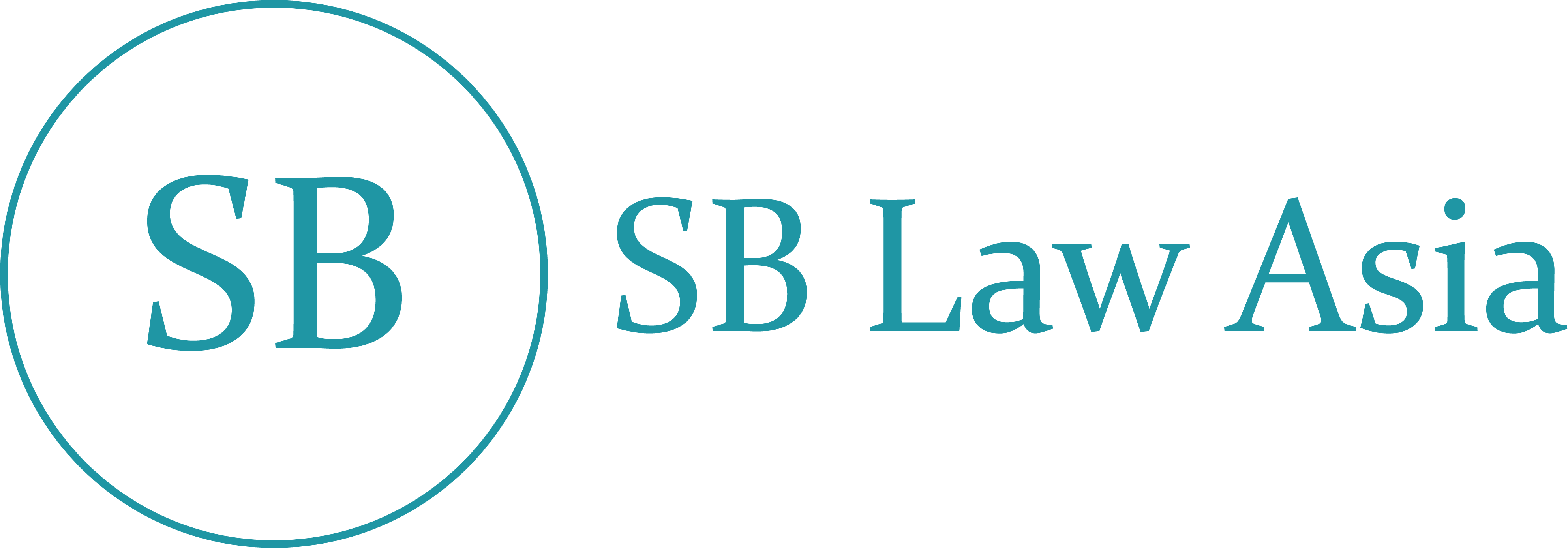The Treaty of Amity is an international treaty between the United States and Thailand with the object to promote trade, commerce, cultural understanding and reciprocal legal rights between the countries. The treaty provides Thai and American nationals the right to operate in the other parties’ country with equal rights as those of the nationals of the country. Further, this national treatment includes reciprocal rights with regards to business and investment purposes. Although there are important exceptions, the treaty extends national treatment to Thai and US majority business entities engaging in commercial enterprises in the opposite party’s territory.
A Thailand Amity Treaty Company is a Thailand registered business entity that is comprised of a majority of American shareholders which has been recognized by the Thailand Ministry of Commerce as operating under the Treaty of Amity.
Thailand registered business entities, in which a majority of shares are held by US citizens, may qualify for benefits under the Amity Treaty. In theory, other business entities aside from companies may also qualify for Amity Treaty benefits.
In order for qualified entities to be recognized as Amity Treaty entities by Thailand government offices, approval must be issued by the Thailand Department of Commerce. The application process includes submitting evidence of Thailand company registration, as well as documentation from the US Commercial Services verifying that a majority of shareholders or partners are US citizens. The application must also specify the business activities in which the entity intends to engage.
The Amity Treaty allows US citizens to hold a majority of shares in companies engaging in certain business enterprises in which majority ownership is generally restricted to Thai citizens under the Foreign Business Act.
The Amity Treaty specifies that companies with majority US ownership will be able to operate on the same basis as Thai companies. However, there are certain exceptions. Amity Treaty Companies are not allowed to own land or engage in certain enterprises such as domestic trade in agricultural products, land and natural resources exploitation and the liberal professions. Further Amity Company is restricted to engaging in the activities that it has specifically been authorized to engage in by the Ministry of Commerce.
Amity Treaty companies take longer and are more expensive to register than both Thai companies and non-Amity Treaty foreign majority companies. Amity Treaties also operate under a Foreign Business license and therefore generally are subject to greater scrutiny than Thai majority companies. If an Amity Company seeks to perform additional services or businesses other than those listed in its original Amity Certificate. This may require a new application to the Thailand Ministry of Commerce
